IBS & Candida
(The Silent Epidemic)
What is Candida Overgrowth?
Well it's NOT a gluten intolerance !
Candida is a naturally occurring yeast (fungus) that lives in the digestive system. In a healthy gut, it remains under control. However, when Candida grows unchecked, it can upset the delicate balance of your digestive tract, leading to a wide range of uncomfortable symptoms.
One of the most common ways Candida overgrowth presents itself is through IBS (Irritable Bowel Syndrome)-like symptoms such as bloating, constipation, diarrhoea, and abdominal pain. This is why Candida is often referred to as a “silent epidemic” – many people suffer without realising that Candida may be the root cause.
Candida thrives on undigested food matter, particularly sugars, yeasts, and refined carbohydrates. In today’s society, with diets high in processed foods, alcohol, and sugar, Candida can easily flourish. But diet isn’t the only cause — other triggers can set the stage for this hidden problem.
Common Triggers of Candida & IBS
While poor diet is a major contributor, Candida overgrowth can also be triggered by:
- Long-term or operative and post operative antibiotic use
- The Pill (oral contraceptives)
- Steroids or cortisone-based drugs
- A weakened immune system from illness or viral infections
- High stress – physical or emotional
- Food intolerances and sensitivities
If you fall into one or more of these categories, your risk of Candida overgrowth and IBS symptoms may be higher.
Signs & Symptoms of Candida Overgrowth
Candida doesn’t always show itself through obvious fungal infections like thrush or tinea. Instead, it often presents with a wide range of seemingly unrelated symptoms, making it hard to identify without proper testing.
Digestive Symptoms:
- Abdominal bloating
- Gas and wind
- Constipation or diarrhoea
- Reflux and indigestion
- Bellyaches and stomach cramps
Mental & Emotional Symptoms:
- Anxiety and depression
- Irritability and mood swings
- Poor concentration, brain fog, and vagueness
- Sleep disturbances and fatigue
Physical Symptoms:
- Tiredness and lethargy
- Thrush and recurring fungal infections (tinea, nail fungus)
- Headaches and muscle pain
- Spots before eyes, ringing in ears
- Sugar, bread, alcohol, and junk food cravings
Why Testing Matters
Because the signs of Candida and IBS overlap with other conditions, it’s vital to get an accurate assessment. At Sensitivefoods, we use advanced computerised clinical testing to identify:
- Whether Candida overgrowth is likely present
- Which food triggers may be making your symptoms worse
- How your digestive system is reacting overall
This builds a clear picture of your individual situation, allowing us to create a customised Candida recovery program.
The Path to Recovery
With the right candida diet plan, tailored food guidance, and support, recovery can be remarkable. Once problem foods are removed and gut balance is restored, clients often experience:
- Reduced IBS symptoms
- Better digestion and energy levels
- Improved mood and concentration
- Stronger immunity and fewer recurring infections
Our protocols are drug-free and needle-free, safe for all ages, and designed to give you back control of your health. Please note: never stop any prescribed medications without consulting your doctor first.
Take the First Step
Don’t let Candida and IBS control your life. With accurate testing and a personalised program, you can regain balance, energy, and wellbeing.
👉 Watch the videos below for a quick overview of IBS, Candida Albicans, and our testing protocols, then book your assessment today.
Complete the submission form below or call us directly to start your journey toward better health today.
